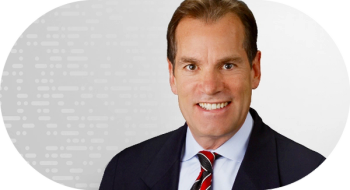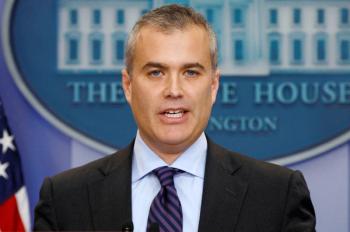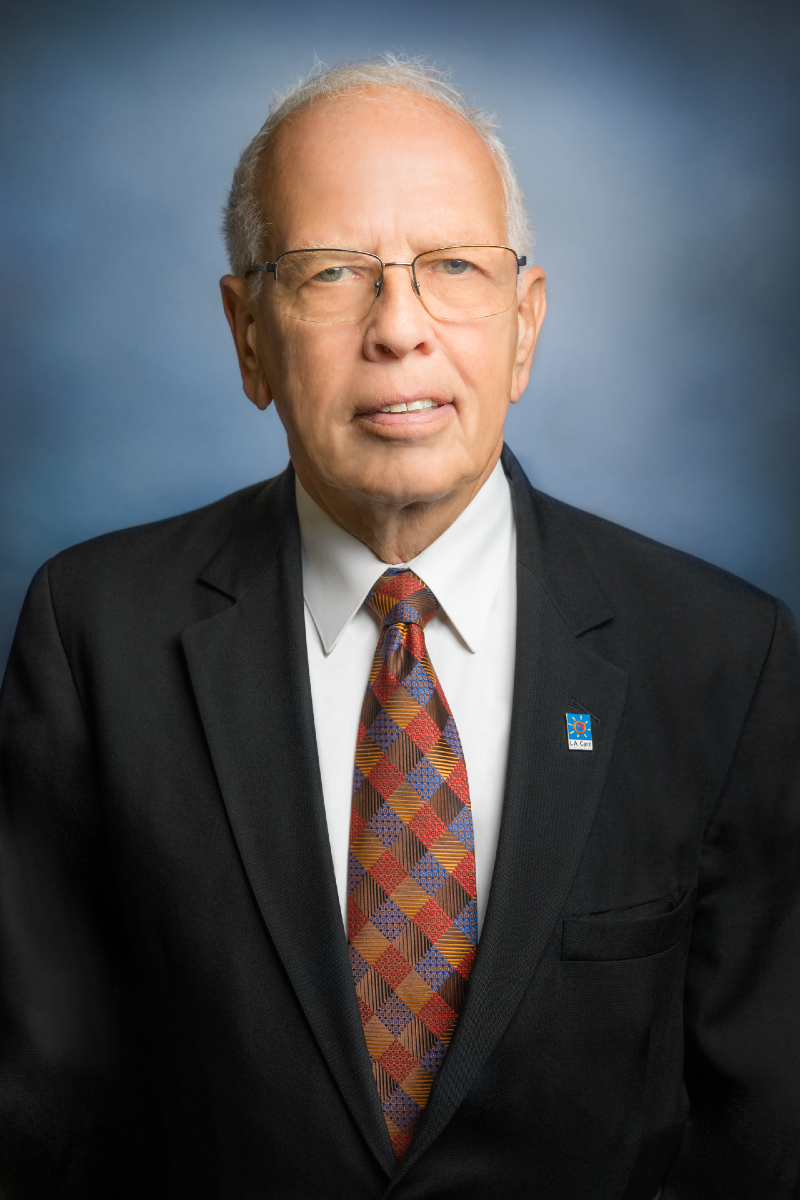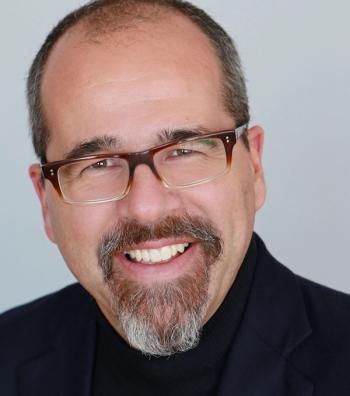
Health Management
Latest News

Latest Videos
Podcasts
CME Content
More News

States can use federal money that would otherwise support ACA marketplace premium tax credits to set up programs that offer health insurance to low-income people whose incomes are too high to make them eligible for Medicaid.

A substantial reduction in claim costs can be persuasive and attention-grabbing, but without assurances of continuity of care and proper clinical oversight, the ultimate goal of positive patient health outcomes can be elusive — and costly.

Researchers found a sharp rise in virtual visits in skilled nursing facilities in 2020, but most of those gains didn’t last.

Researchers found that some patients had a higher no-show rate for virtual appointments than those with office visits.

Researchers for the electronic health record company say their findings suggest that telehealth is typically an efficient use of resources.


The one-sided, research-oriented approach has to change so patients have ready access to dashboards with their disease histories and pre-visit documents tailored to the patient questions.

The plaintiffs in Kelley v. Becerra are arguing that the Affordable Care Act’s requirement that preventive services be covered without cost sharing is unconstitutional. In a factsheet published yesterday, the Urban Institute says that the ACA requirement has had an especially a large effect on women, partly because contraception is among the services covered by the no-cost-sharing rules that apply to private insurers.

The report highlights the gap between rigorously tested prescription digital therapeutics and products that make health or economic claims without providing supportive evidence.

Health systems with more primary care doctors and palliative care services saw fewer people coming back to the hospital, a new study finds.

Respondents can win a $250 gift card.

Those who received an automated call were less likely to go back to the hospital, researchers found. Those patients were also more likely to have followed up with a clinician.

As many asme 14 million people with Medicaid coverage stand to lose their health insurance when the COVID-19 public health emergency ends.

States looked to Medicaid managed care plans to control costs and provide some predictability. Now a growing number are asking questions of the plans and investigating whether the plans are living up to their state contracts. Meanwhile, new federal reporting requirements are being implemented that may shed some light on how the plans operate.

Findings reported in JAMA Network Open today show that Black and Hispanic Medicare beneficiaries with dementia were less likely to use hospice services than White beneficiaries and were more likely to have emergency department visits and hospitalizations.

The rebate total is high relative to many past years but is half of the $2 billion in rebates in 2021 and less than half of the $2.5 billion paid in 2020.

Some patients aren’t getting follow-up phone calls, and others lack transportation for appointments with physicians. A new study highlights problems in post-acute care.

Patients are likely to continue to choose to recover at home rather than go to skilled nursing facilities, according to a new report by Trella Health.

The conclusion of the pre-print meta-analysis is that small effect of "nonpharmaceutical interventions" on COVID-19 mortality rates did not outweigh the effects of lockdowns.

Despite calls for better integration of social care into healthcare delivery, the lack of adequate payment models has stymied efforts to improve health and reduce costs by paying for social interventions.

Patients with a variety of cancers spent much more money out of their own pocket than those in traditional plans. Some may be delaying treatment due to higher costs.

In the second part of an interview with Managing Editor Peter Wehrwein, Paulus talks about the role of PBMs and aligning providers with payers.

How the pandemic has accelerated innovation, and how CVS Health is preparing to delivery vaccines for COVID-19.

Zients, who served as director of the National Economic Council under Barack Obama, would come to the post with a background in business and technology, rather than a traditional healthcare portfolio.

What do the two presidential candidates have right in healthcare policy? Where do they both go wrong? And what will it take for payment reform to take off? Michael Abrams of Numerof discusses what comes after Election Day.





























